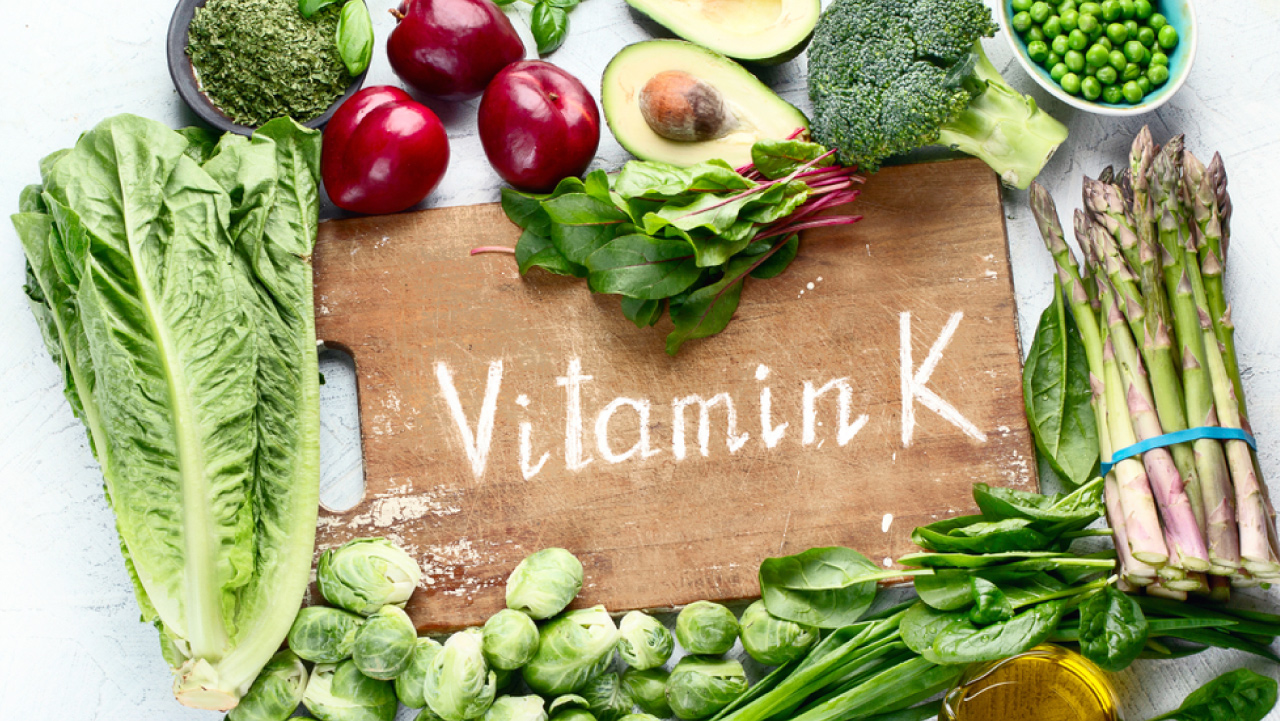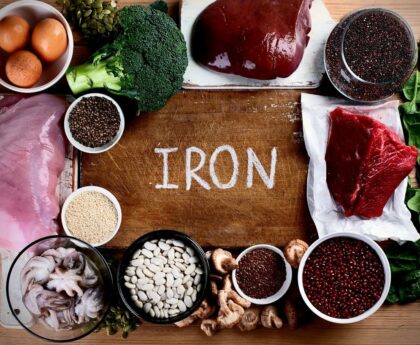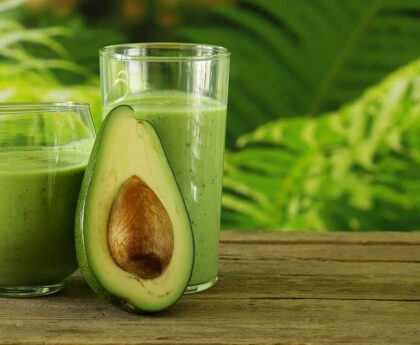Maintaining optimal vascular health is crucial for overall well-being. Vitamin K, often overshadowed by more popular vitamins, plays a significant role in supporting vascular health. This guide will delve into the best Vitamin K supplements available, exploring their benefits, how they work, and what to look for when choosing a supplement. Whether you’re new to Vitamin K or looking to optimize your current regimen, this guide will provide you with all the information you need.
Understanding Vitamin K
What is Vitamin K?
Vitamin K is a fat-soluble vitamin that is essential for blood clotting and bone health. It exists in two primary forms: Vitamin K1 (phylloquinone) and Vitamin K2 (menaquinone). Vitamin K1 is predominantly found in leafy green vegetables, while Vitamin K2 is found in fermented foods and animal products. Vitamin K2 has several subtypes, the most notable being MK-4 and MK-7.
How Does Vitamin K Support Vascular Health?
Vitamin K plays a pivotal role in regulating calcium deposition in the body. It activates proteins that help direct calcium to the bones and teeth where it’s needed, and away from the arteries and soft tissues where it can cause harm. This function is crucial in preventing arterial calcification, a major risk factor for cardiovascular diseases.
Benefits of Vitamin K for Vascular Health
Prevents Arterial Calcification
One of the most significant benefits of Vitamin K is its ability to prevent arterial calcification. By activating matrix Gla-protein (MGP), Vitamin K helps inhibit calcium from depositing in the arteries, reducing the risk of atherosclerosis and improving overall cardiovascular health.
Enhances Blood Clotting
Vitamin K is essential for synthesizing proteins required for blood clotting. This function ensures that wounds heal properly and prevents excessive bleeding, which can be particularly important for individuals with certain medical conditions or those on blood-thinning medications.
Supports Bone Health
While primarily known for its role in blood clotting and vascular health, Vitamin K also supports bone health by regulating calcium. This dual benefit makes Vitamin K an essential nutrient for maintaining both strong bones and a healthy cardiovascular system.
Choosing the Right Vitamin K Supplement
Types of Vitamin K Supplements
There are several forms of Vitamin K supplements available, each with unique benefits:
- Vitamin K1 (Phylloquinone): Primarily found in plant-based sources and is effective for blood clotting.
- Vitamin K2 (Menaquinone): Found in animal products and fermented foods, and is more effective for bone and vascular health. The two most common subtypes are MK-4 and MK-7.
Vitamin K2 MK-4 vs. MK-7
- MK-4: Has a shorter half-life and is found in animal products. It is rapidly absorbed but requires more frequent dosing.
- MK-7: Has a longer half-life, allowing for once-daily dosing. It is derived from fermented foods and is more effective at lower doses.
Factors to Consider When Choosing a Supplement
When selecting a Vitamin K supplement, consider the following factors:
- Bioavailability: Choose a supplement with high bioavailability to ensure your body can effectively absorb and utilize the vitamin.
- Form: Decide between Vitamin K1 and K2 based on your specific health needs. For vascular health, Vitamin K2, particularly MK-7, is often preferred.
- Dosage: Follow recommended dosages and consult with a healthcare provider to determine the appropriate amount for your needs.
- Quality: Opt for reputable brands that provide third-party testing to ensure purity and potency.
Top Vitamin K Supplements for Vascular Health
1. Life Extension Super K with Advanced K2 Complex
Overview: Life Extension’s Super K with Advanced K2 Complex is a comprehensive supplement that includes both Vitamin K1 and Vitamin K2 (MK-4 and MK-7). This combination ensures broad-spectrum support for vascular and bone health.
Benefits:
- Contains a blend of Vitamin K1 and K2 for maximum benefit.
- Supports cardiovascular and bone health.
- High bioavailability and potency.
Dosage: One softgel daily, preferably with a meal.
2. Jarrow Formulas MK-7
Overview: Jarrow Formulas MK-7 provides a highly bioavailable form of Vitamin K2 (MK-7) derived from natto, a traditional Japanese fermented soy food. This supplement is designed for optimal absorption and long-lasting effects.
Benefits:
- High potency MK-7 for effective vascular support.
- Derived from natural, non-GMO natto.
- Promotes healthy calcium metabolism.
Dosage: One softgel daily, preferably with food.
3. Thorne Research Vitamin K2
Overview: Thorne Research Vitamin K2 offers a concentrated dose of MK-4, a form of Vitamin K2 known for its quick absorption and effectiveness. This supplement is ideal for those seeking to support their cardiovascular health through precise dosing.
Benefits:
- Pure MK-4 for rapid absorption.
- Supports bone and vascular health.
- High-quality, hypoallergenic ingredients.
Dosage: One to three drops daily, or as recommended by a healthcare provider.
4. NOW Foods Vitamin K-2
Overview: NOW Foods Vitamin K-2 provides a potent dose of MK-7, sourced from non-GMO natto. This supplement is designed to support cardiovascular and bone health through enhanced calcium regulation.
Benefits:
- Potent MK-7 for long-lasting benefits.
- Supports arterial and bone health.
- Non-GMO and gluten-free.
Dosage: One capsule daily with a meal.
5. Doctor’s Best Natural Vitamin K2 MK-7 with MenaQ7
Overview: Doctor’s Best Natural Vitamin K2 MK-7 with MenaQ7 is a scientifically formulated supplement that uses a patented form of MK-7 for enhanced bioavailability and effectiveness.
Benefits:
- Uses MenaQ7, a clinically studied form of MK-7.
- Supports cardiovascular and bone health.
- High absorption and prolonged action.
Dosage: One capsule daily with food.
Frequently Asked Questions
How much Vitamin K should I take daily?
The recommended daily intake of Vitamin K varies depending on age, sex, and health status. For adults, the general guideline is 90-120 micrograms for Vitamin K1 and 100-200 micrograms for Vitamin K2. It’s best to consult with a healthcare provider for personalized recommendations.
Can I take Vitamin K supplements with blood thinners?
Vitamin K can interact with blood-thinning medications, such as warfarin. It’s crucial to consult with a healthcare provider before starting Vitamin K supplements if you’re on blood thinners, as they may need to adjust your medication dosage.
What foods are high in Vitamin K?
Foods rich in Vitamin K1 include leafy green vegetables like spinach, kale, and broccoli. Vitamin K2 is found in fermented foods like natto, cheese, and certain animal products, such as egg yolks and liver.
Are there any side effects of taking Vitamin K supplements?
Vitamin K supplements are generally considered safe when taken as directed. However, excessive intake can cause adverse effects, particularly if you have certain medical conditions or are on medications. Always follow the recommended dosage and consult with a healthcare provider.
Is Vitamin K2 better than Vitamin K1 for vascular health?
Vitamin K2, particularly MK-7, is often considered more beneficial for vascular health due to its longer half-life and ability to regulate calcium more effectively. However, both forms of Vitamin K play essential roles in overall health.
Can I get enough Vitamin K from my diet alone?
While it’s possible to obtain adequate Vitamin K from a balanced diet rich in leafy greens and fermented foods, some individuals may benefit from supplements, especially if they have dietary restrictions or specific health concerns.
How long does it take to see the benefits of Vitamin K supplements?
The time it takes to see benefits from Vitamin K supplements can vary depending on individual health status and the specific supplement used. Generally, improvements in vascular health may be observed within a few weeks to months of consistent use.
Can Vitamin K improve bone density?
Yes, Vitamin K, particularly Vitamin K2, plays a crucial role in bone health by regulating calcium and promoting the activation of osteocalcin, a protein essential for bone mineralization. Regular intake of Vitamin K can help improve bone density and reduce the risk of fractures.
Are there any interactions between Vitamin K and other vitamins or minerals?
Vitamin K can interact with other fat-soluble vitamins (A, D, E) and minerals like calcium. It’s important to maintain a balanced intake of these nutrients to avoid potential interactions and ensure optimal health benefits.
Is it safe to take Vitamin K supplements during pregnancy?
Vitamin K is essential during pregnancy for both maternal and fetal health. However, it’s important to consult with a healthcare provider before taking any supplements during pregnancy to ensure safety and appropriate dosing.
Conclusion
Vitamin K is a vital nutrient for maintaining vascular health, supporting bone strength, and ensuring proper blood clotting. With various forms available, including K1 and K2 (MK-4 and MK-7), selecting the right supplement can be tailored to your specific health needs. The supplements highlighted in this guide offer high-quality, bioavailable options to support your vascular health journey. Remember to consult with a healthcare provider before starting any new supplement regimen to ensure it aligns with your health goals and needs.
- What Is Lithromanticism And How Does It Affect Romantic Connections? - June 2, 2025
- Vista Edge Vape Vs Traditional Vapes: Which One Is Better? - June 2, 2025
- The Emotional Cost Of Ghosting And How To Heal From The Trauma - May 31, 2025





